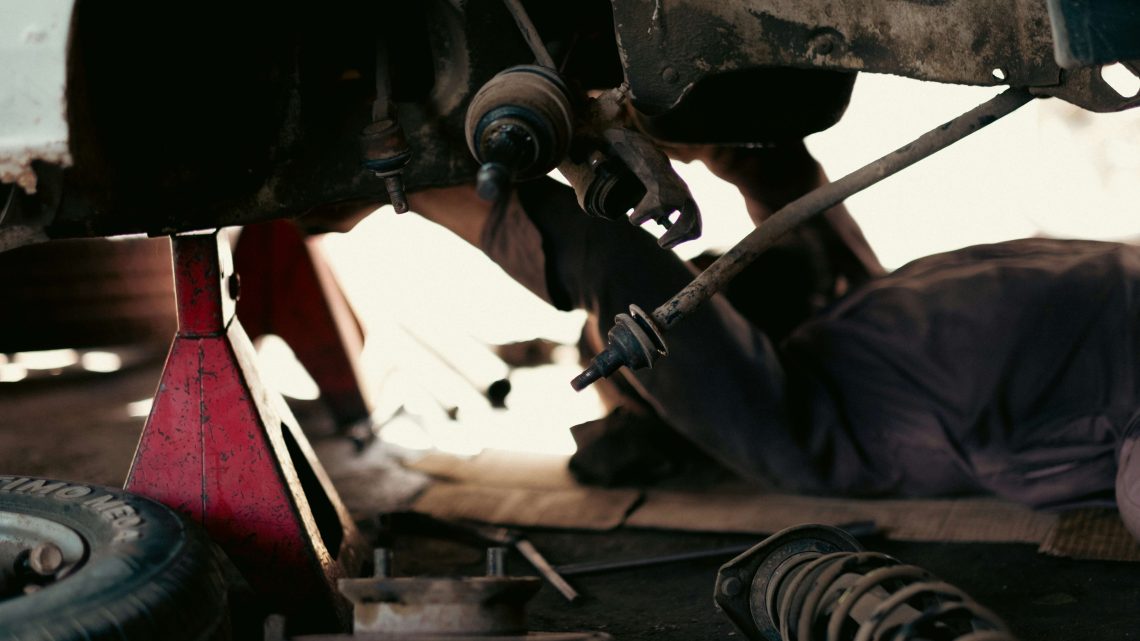Cars have become a necessity to people across the United States. Whether you need to get to work, pick up your kids from school, or run some quick errands, it’s increasingly likely that you’ll require a car to accomplish your daily tasks. While we count on our cars to reliably get us from Point A to Point B without fail, almost every motor vehicle will eventually develop some issues that can be quite frustrating for owners to deal with. Whether it’s an issue with your vehicle’s electronics or a crucial part failing long before expected, car problems can be stressful and cause expenses to pile up quickly.
In this article, we discuss some of the most common car problems and how they can be diagnosed. We hope this article helps you stay safe behind the wheel! If you do get into a wreck due to an undiscovered safety flaw affecting your vehicle, a car accident lawyer in Geneva may be able to provide assistance.
Power Steering Failure
Although newer vehicles tend to run pretty smoothly, aging cars are prone to a host of problems, especially if they were not properly maintained over the years. One of the more common issues that can occur is a power steering failure. When a car’s power steering fails, the steering wheel becomes hard to move and it can be challenging to maintain control of the vehicle, significantly increasing the risk of a collision.
Power steering failures can be caused by low levels of power steering fluid, an issue with the vehicle’s pump peeling that runs the system, or wear-and-tear on critical components. It can be challenging to immediately diagnose the cause of power steering problems, but the effect can be felt immediately as the car becomes more challenging to control. If your vehicle’s power steering goes out or your car seems to be performing more poorly than usual, it’s best to get into a mechanic shop before the problem gets worse.
Failing Alternator
One of the most common issues to affect cars, even newer models, is a dead battery. However, if you notice that your car’s battery just won’t hold a charge, even after you jumpstart it or have it replaced altogether, there may be something wrong with the vehicle’s alternator. A failing alternator transfers electrical energy inconsistently, which can manifest in a number of ways. You might notice your dashboard lights or headlights flickering, have trouble starting the car, experience stalling, or hear odd sounds while the vehicle is running.
If you’re starting to have issues with your vehicle’s electrical systems and have confirmed that the battery isn’t the cause of the problems, it might be time to replace the alternator. Take your car to a trusted mechanic to verify the cause of the issues and have the repair work done right.
Dead Battery
In many cases, a dead battery doesn’t mean that your car’s alternator is having issues — it’s just time to replace a worn-out battery. If your battery isn’t holding a charge and your car keeps dying on you, you’re probably due for a replacement. Keep an eye out for the following signs of a bad battery as well:
- Sluggish starts
- Corrosion visible on or around the battery
- Low battery fluid
- A visible battery leak
- A swollen battery case
- Malfunctioning interior lights, headlights, or dashboard symbols
- Your vehicle’s check engine light is on
Bad Brakes
Bad brakes aren’t just annoying to deal with, they make your car a hazard to the people in it and everyone else on the road as well. If you hear a loud squealing or screeching sound when applying the brakes or notice that your brake pedal feels “spongy” when you step on it, you need to get your vehicle’s brakes serviced as soon as possible. Some symptoms that your car’s brakes aren’t in the greatest shape include:
- Vibrations while braking
- A “soft” brake pedal
- Your car pulling to one side when you brake
- A brake fluid leak
Anytime you detect a combination of these problems or feel that your brakes just aren’t performing the way you should, you should get your vehicle inspected to get to the bottom of the issue and make sure your car is safe to drive.
Detecting & Fixing Common Car Issues is Critical for Your Safety
Although it can be annoying to shell out money to fix an unexpected issue with your car, it’s critical to stay on top of routine maintenance and address any safety measures as they arise. Driving an unsafe vehicle puts you, your passengers, and other motorists at risk of serious injuries in a collision. We hope this article helps highlight some common car problems that car owners experience and how such issues can be diagnosed. Remember to always give your car a once-over before going on any long trips, so that you don’t find yourself dealing with a breakdown at the worst possible time!





No Comment